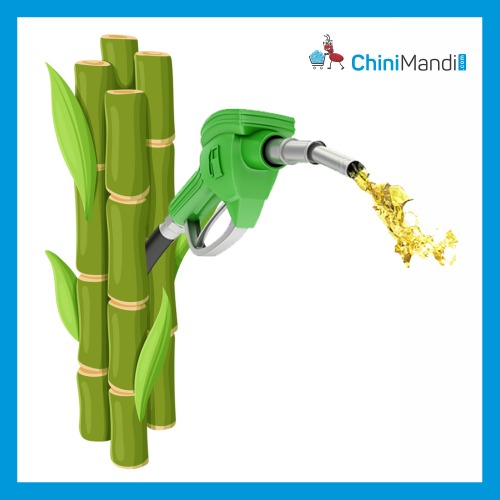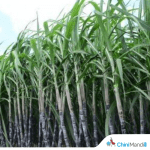The government’s decision to restrict sugar diversion for ethanol production in the ongoing ethanol supply year (ESY) 2023-2024 will have no impact on the ethanol blending program, according to the oil ministry, reported Money Control.
Pankaj Jain, Secretary of the Ministry of Petroleum and Natural Gas (MoPNG), assured the government’s commitment to the ethanol blending program, aiming for a 15 percent ethanol blend in petrol by 2023-24 and an ambitious 20 percent blend by FY25-26.
India, heavily dependent on crude oil imports, is pushing for increased ethanol blending in petrol, produced locally, to reduce reliance on imports. The government aspires to achieve a 20 percent blending target by 2025.
The decision to curtail sugarcane use for ethanol production comes amidst elevated domestic sugar prices, up about 5 percent in December compared to the previous year. Concerns also arise from below-normal rainfall in key cane-growing districts of Maharashtra and Karnataka, which collectively contribute over half of India’s sugar output.
Government officials cite the need to prioritize food security, especially given the impact of El Nino on monsoons, as a rationale for the decision. While alternative sources for ethanol production, such as C-heavy molasses and grains like maize and wheat, are mentioned, experts point out that the ecosystem and supply chain for these alternatives are not yet fully established in the country.












